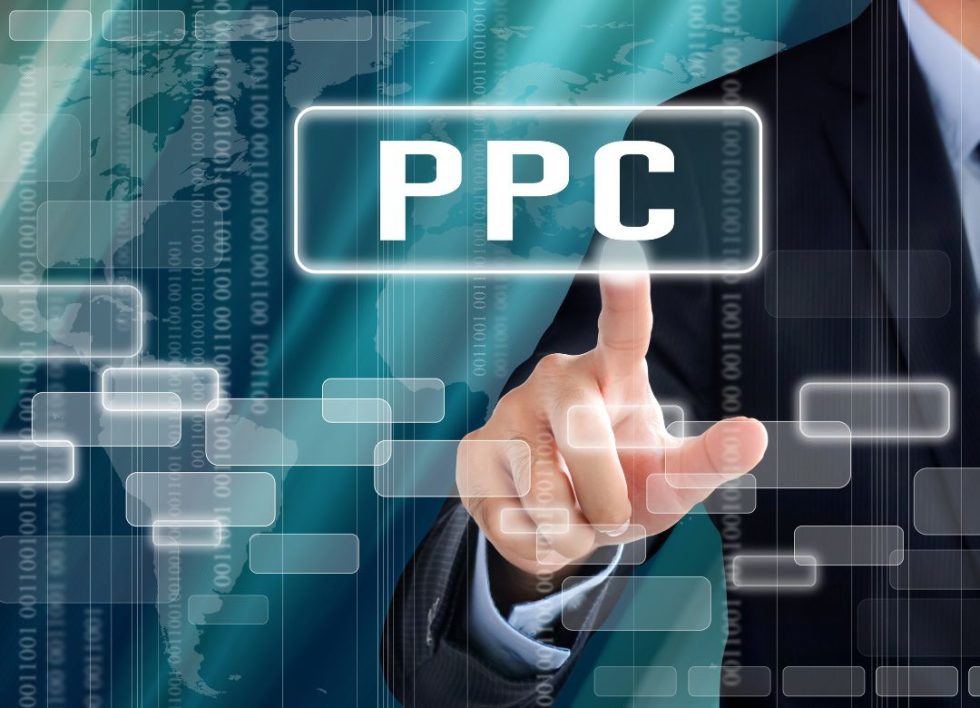
PPC, which stands for pay-per-click, is a widely used online marketing strategy in which advertisers pay for each clicks their ads receive. Sometimes, PPC is also called as cost–per–click (CPC).
This form of advertising is commonly implemented through search engines like Google Ads, where advertisers bid on keywords to have their ads displayed prominently on search engine results pages (SERPs) when relevant searches are performed.
ITCombine Company is a pioneer in PPC advertising, trusted for exceptional results across industries. They enhance visibility and generate targeted traffic, with expertise in online marketing. Their data-driven approach maximizes ad performance, identifying relevant keywords aligned with clients’ goals. Strategically placing bids guarantee prominent ad positioning, drawing in qualified prospects. Devoted experts excel in extensive keyword analysis, maximizing return on investment (ROI) and customer acquisition.
ITCombine Digital Marketing Company to enhance its online presence and increase brand awareness.
Apart from that it has done successful work for PFC Foods.
How Does Pay-Per-Click Work?
PPC advertising functions by enabling advertisers to bid on particular keywords or phrases in order to display their ads in search engine results. Like when a user searches for those keywords, the ad appears among the top results, and the advertisers pays a fee for each click their ad receives.
The search engine then employs a sophisticated algorithm to determine which ads to display and in what order. This algorithm considers factors like the advertiser’s bid amount, the ad’s relevance to the keyword, and the overall quality of the ad.
It is very important to develop a strategy and plan for campaigns effectively when you are engaging in PPC marketing.
ITCombine excels in crafting ad copy and design that surpasses mere keyword optimization. Their ads are strategically tailored to engage users and entice them to click. By constantly monitoring and analyzing data, they make data-driven modifications to enhance click-through rates and overall campaign effectiveness.
There are various platforms available for PPC advertising, including Google Ads and Bing Ads, which are widely used. Learning PPC involves understanding the fundamentals of keyword research, bid management, ad creation, and campaign optimization.
Why is PPC relevant?
PPC advertising offers a different advantage over search engine optimization (SEO) in terms of immediate results. While SEO focuses on gradual organic traffic growth, PPC allows marketers to see results almost instantly once their ads are live.
This makes PPC crucial for businesses seeking to generate revenue rapidly or capitalize on time-sensitive marketing opportunities such as special events, product launches, holidays, or seasonal sales. In fact, PPC is an essential component of both short-term and long-term digital marketing strategies, particularly for broader advertising initiatives.
According to data provided by Statista, search PPC is considered one of the most effective forms of online marketing, with approximately 20% of respondents stating that it delivers the highest return on investment (ROI) compared to other digital marketing strategies.
By utilizing PPC, businesses can drive immediate traffic and conversions, enabling them to meet their objectives swiftly and efficiently. Whether it’s capturing a limited-time market opportunity or complementing long-term marketing efforts, PPC provides the speed and agility necessary for businesses to achieve their goals effectively.
Read more about how to grow your business with seo
Types of PPC Marketing
- Paid Search Marketing:
Paid search marketing, a widely used form of pay-per-click (PPC) advertising, involves platforms like Google AdWords and Bing Ads displaying your advertisements to individuals who search for specific keywords. To create campaigns, you craft compelling ad text, choose relevant keywords, and designate an appropriate landing page on your website.
- Display Advertising:
Display ads refer to banner, image, or text advertisements that are strategically placed on various websites with the aim of reaching specific target audiences. These ads are designed to redirect users to your website. Although they typically generate a lower click-through rate compared to search ads, they serve as effective tools for enhancing brand visibility and recognition.
- Social Media Advertising:
Social media advertising is a type of PPC marketing that takes place on popular social media platforms such as Facebook, Instagram, Twitter, LinkedIn, and others. These platforms provide advertising options that allow advertisers to create targeted ads to reach their desired audience.
- Remarketing:
PPC remarketing enables advertisers to show ads to users who have previously engaged with their business online, even when those users are browsing other websites or platforms. By targeting this audience, which already has familiarity with the brand, advertisers have a higher probability of achieving successful outcomes.
- Sequential Marketing:
Sequential marketing refers to a strategy where a series of ads is presented to potential customers in a specific order across various devices, including laptops, mobile phones, and tablets. These ads are carefully crafted to tell a cohesive story that captivates the reader or viewer, with the objective of guiding them along their sales journey and encouraging them to progress to the next step.
These are just a few examples of PPC marketing types, and there may be additional options depending on specific platforms or advertising networks. Advertisers can choose the types that align with their goals, target audience, and available resources to maximize their PPC campaign effectiveness.
ITCombine – Your Trusted Partner for Successful PPC Advertising
With an unwavering focus on keeping abreast of the latest trends and advancements in PPC advertising, the company utilizes cutting-edge tools and technologies. This commitment grants their clients a competitive advantage and ensures that their PPC campaigns generate measurable results.
They have garnered the trust of enterprises seeking to drive targeted traffic and achieve their marketing objectives through PPC advertising. With their expertise and unwavering dedication, they serve as a dependable partner in harnessing the full potential of PPC for achieving success.









